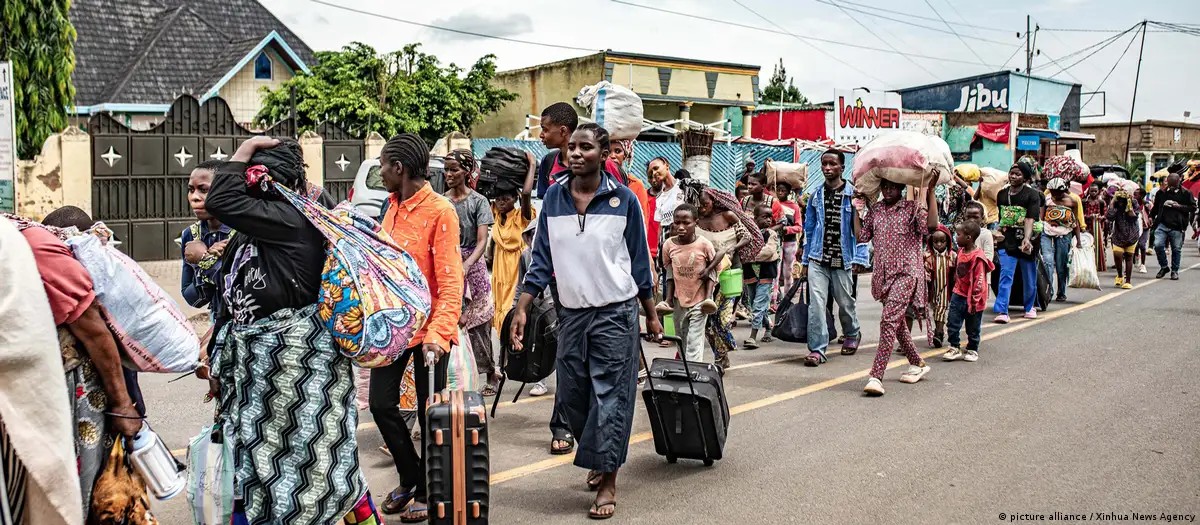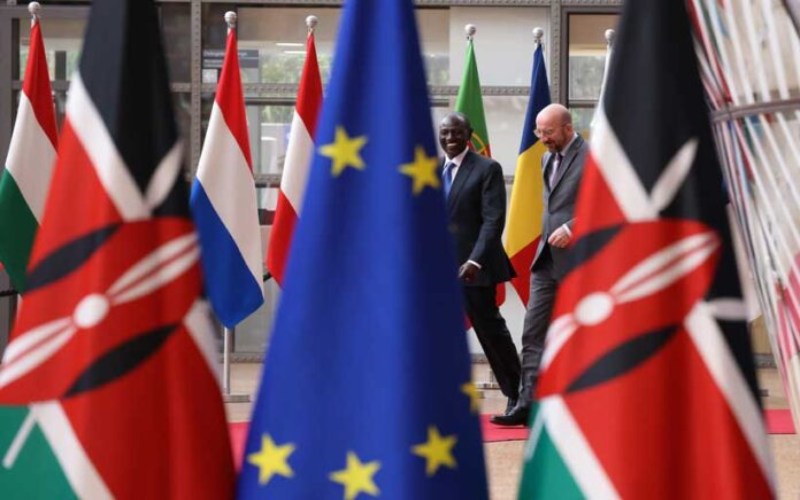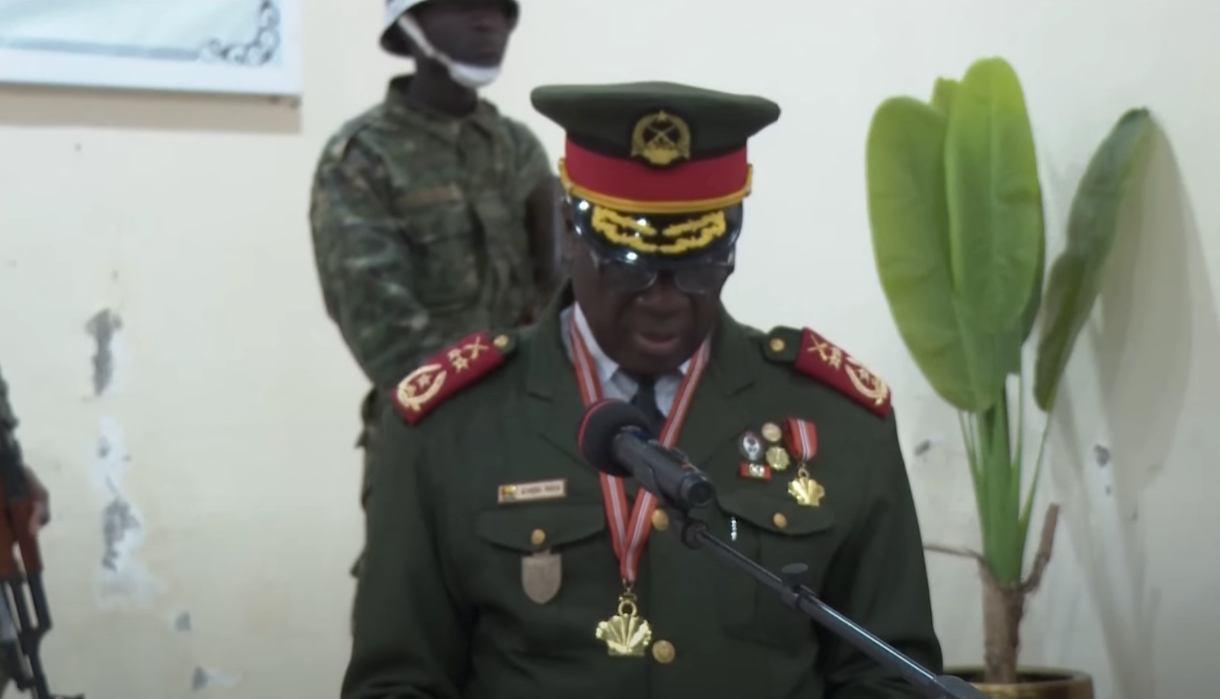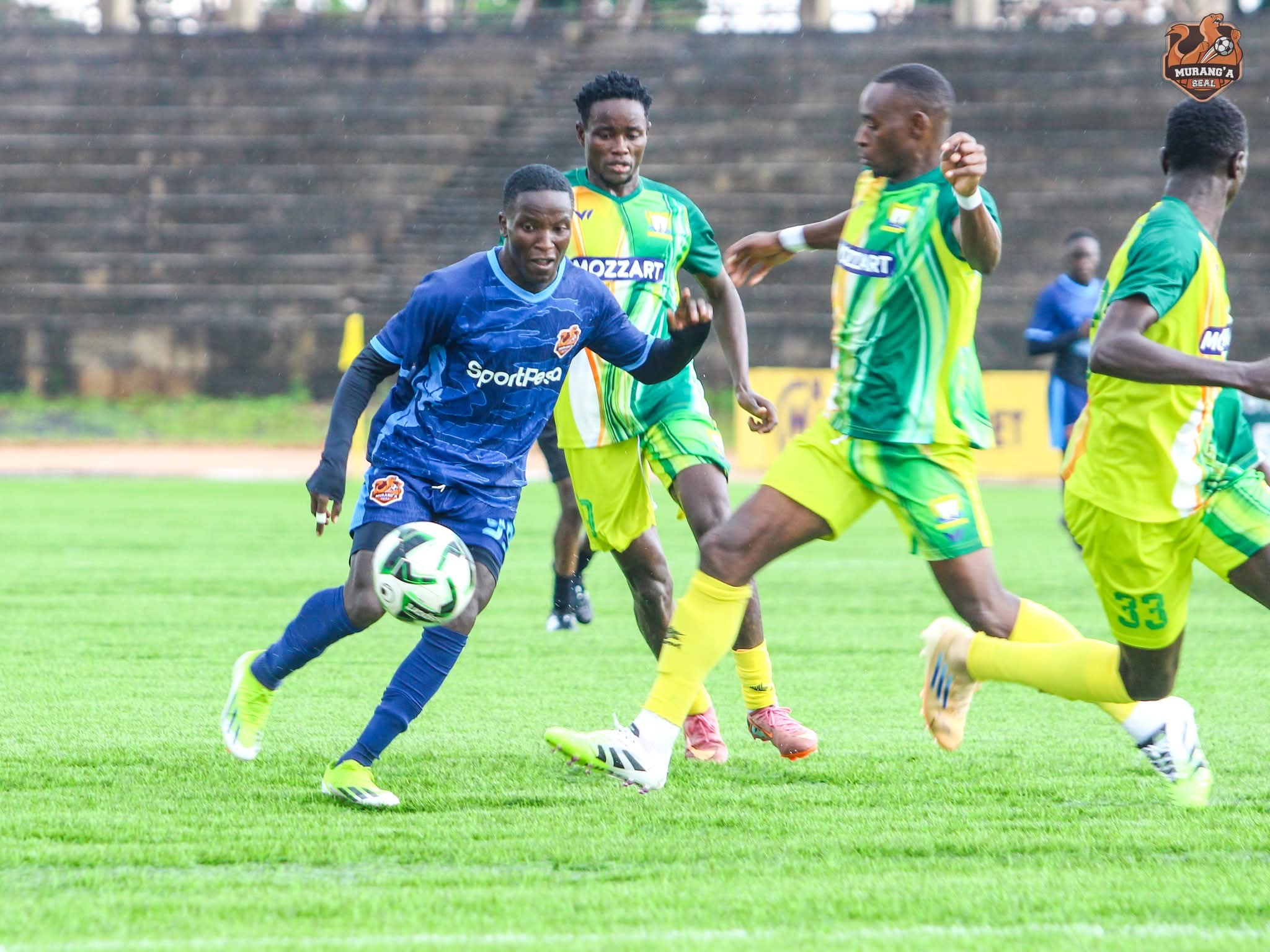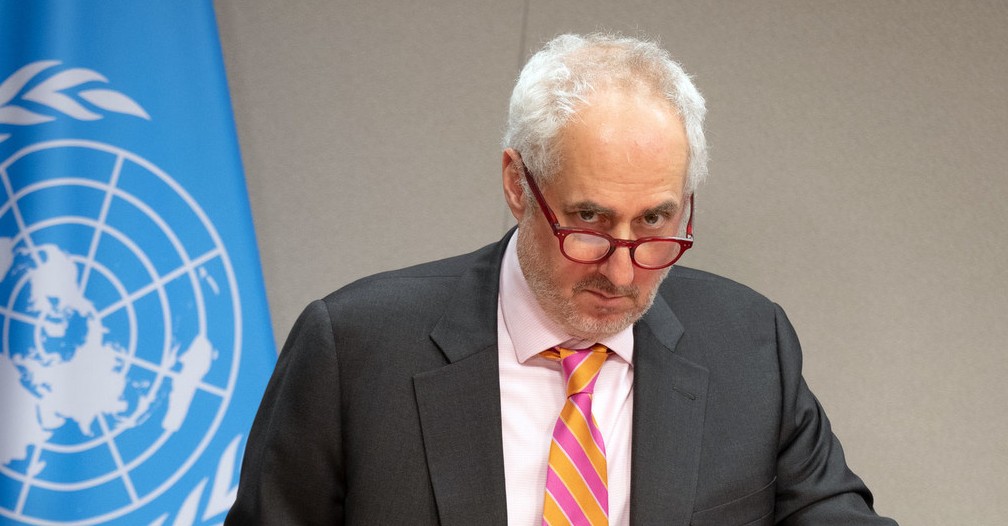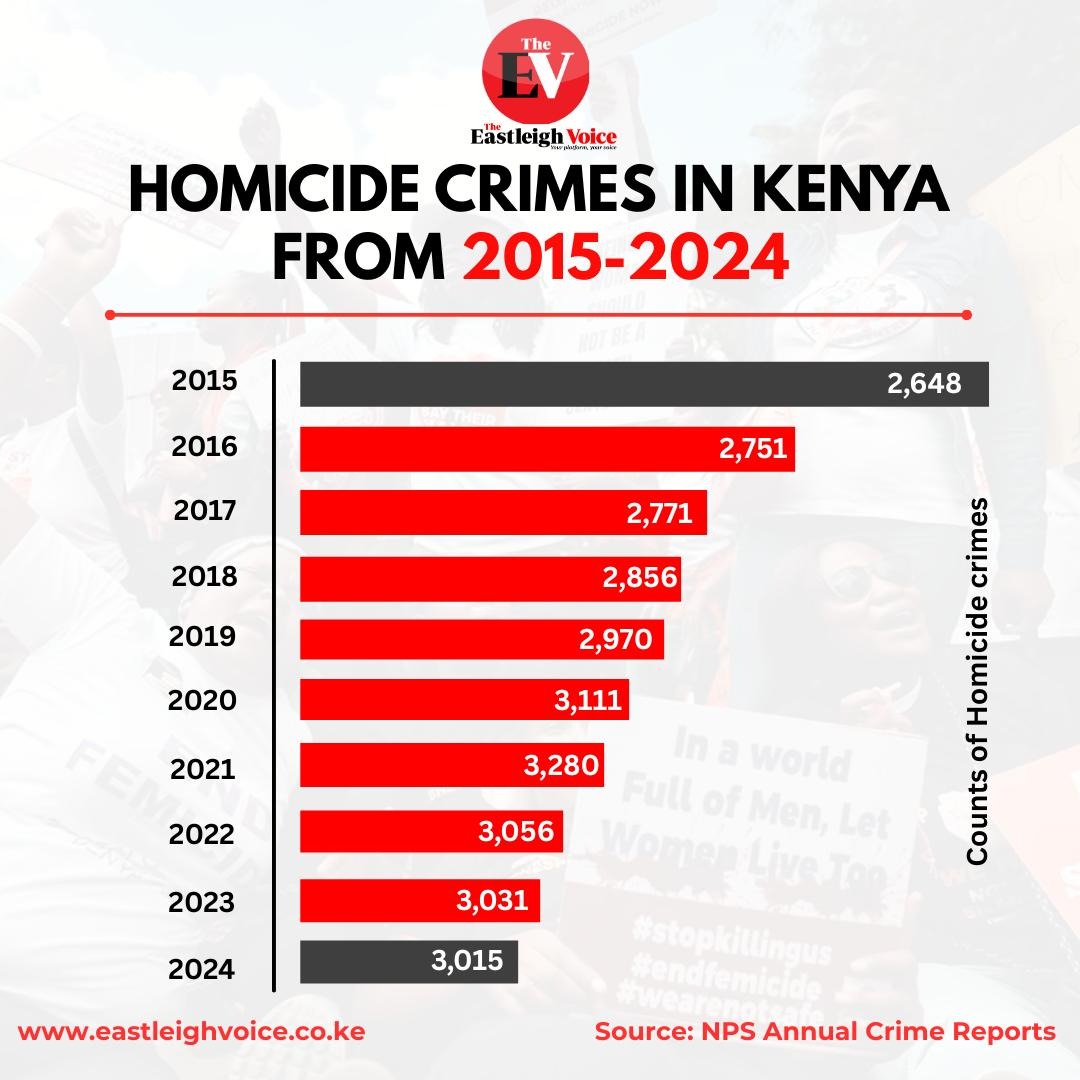ELOG demands swift IEBC action against public officers engaging in politics ahead of by-elections
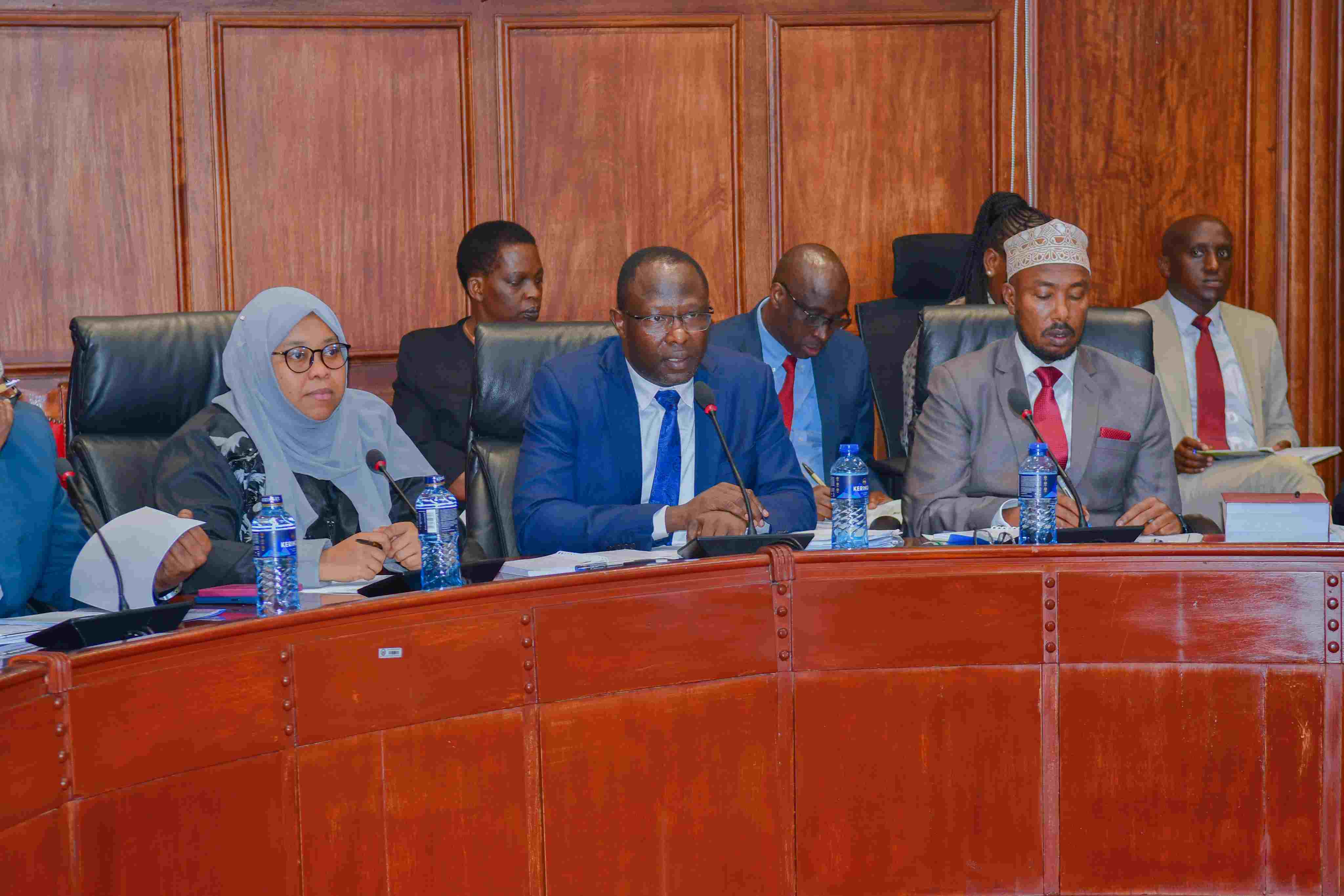
The election and monitoring platform reminded the electoral agency that the Constitution requires all public officers to uphold political neutrality and comply with existing regulations governing participation in elections and related activities.
The Elections Observation Group has issued a demand to the Independent Elections and Boundaries Commission to quickly take action against public officers engaging in political activities ahead of the November 27 by-elections across the country.
The election and monitoring platform reminded the electoral agency that the Constitution requires all public officers to uphold political neutrality and comply with existing regulations governing participation in elections and related activities.
More To Read
- IEBC reports over 99 per cent KIEMS kit success in November 27 by-elections
- Why voter registration in by‑election zones will resume after 28 days
- IEBC gazettes Mbeere North’s MP-elect Wamuthende and other by-election winners
- Church leaders warn of by-election violence ahead of 2027 polls
- IEBC urges media to report factually amid election scrutiny
- Civil society raises alarm over 2027 election readiness after chaotic by‑elections
ELOG cited Section 12 of the Political Parties Act, which prohibits public officers from engaging in political activities that could compromise or undermine the impartiality of their offices.
ELOG Chairperson Victor Nyongesa said that it is paramount for all political parties and candidates to respect the boundaries of public service and avoid drawing civil servants into campaign activities.”
“We further encourage the IEBC to enhance its oversight role by fully enforcing electoral laws and responding firmly to any violations,” said Nyongesa.
The demand comes weeks after the Commission on Administrative Justice and the Public Service Commission warned that any public officer found in breach of these provisions will face disciplinary action in accordance with applicable public service regulations.
Kenya’s Constitution (Articles 73, 75, and 80), the Leadership and Integrity Act (2012), and Public Service Commission regulations explicitly prohibit public officers from engaging in political campaigns or misusing state resources.
Internationally, Kenya is bound by the International Covenant on Civil and Political Rights (Article 25), the African Charter on Democracy, Elections and Governance (Article 17), and the Declaration of Principles for International Election Observation (2005), all of which require states to guarantee impartial administration of elections and prevent abuse of public office.
ELOG has also raised concern over the slow pace of the ongoing Continuous Voter Registration (CVR) exercise, warning that the overall progress remains far below expectations even as the Independent Electoral and Boundaries Commission (IEBC) targets to register 6.3 million new voters ahead of the 2027 General Election.
In its week-two assessment, ELOG reported that although new voter registrations have increased compared to the first week of the exercise, the overall pace remains limited and uneven across the country.
According to data released by the IEBC, 20,754 new voters have been registered, 3,207 transfers processed, and 61 updates recorded since the resumption of the exercise on September 29.
"This represents a 194 per cent growth in new registrations compared to Week One, which recorded 7,048 new voters. It is important to note that the growth percentages reported for individual counties are indicative, based on Week One performance, and do not reflect progress toward the overall 6.3 million registration target set for the 2027 election," the ELOG noted.
ELOG’s independent analysis shows significant disparities among counties. Nyeri recorded the highest growth in new registrations at 613 per cent, followed by Migori (309 per cent), Kakamega (278 per cent), Busia (249 per cent), and Murang’a (189 per cent). In contrast, Elgeyo Marakwet and Nyamira recorded negative growth rates of -58 and -20 per cent, respectively, while Elgeyo Marakwet, Nyamira, Garissa, Tana River, and Lamu posted minimal increases.
Top Stories Today




